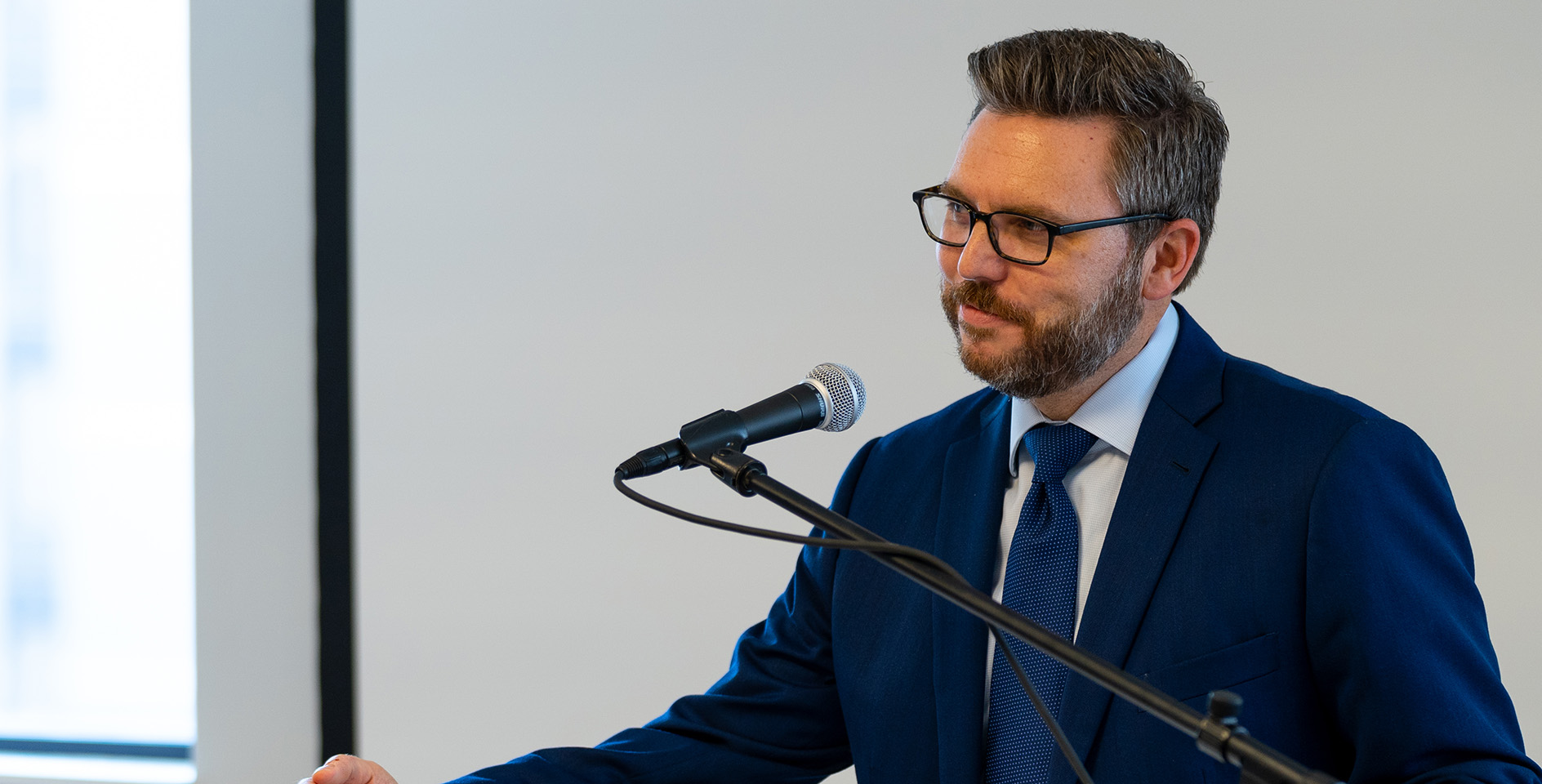With last Monday’s Iowa caucus, the nomination process for the 2016 United States presidential election officially began. On Tuesday, February 9, New Hampshire will hold the first official primary, with many states to follow in the coming weeks. While much media attention was paid to the Iowa caucus, the primary process is the most popular way for political parties to nominate candidates.
What are presidential primaries?
Presidential primaries are similar to caucuses in that the end-goal of both is to secure state delegates to nominate each political party’s candidate for President of the United States at the summer party convention. State political parties are also heavily involved in both caucuses and primaries, though the parties themselves run caucuses and the state governments run the primaries. The primary difference, however, is how people vote. In primaries, like New Hampshire, people show up to a polling location and vote for their favored candidate via secret ballot. In caucuses, like Iowa, people generally gather in group meetings and publicly express their support for a candidate. The majority of states now nominate their parties’ choices through presidential primaries.
Among the states, there are different rules for who may participate in the presidential primaries, as some are open primaries and some are closed primaries. Essentially the difference is whether voters must be registered party members or not. Open primaries allow unaffiliated voters, those not affiliated with a political party, to cast votes in the primary election. This is the case in New Hampshire. Closed primaries limit participation to registered partisans. This is the case in Florida. Of course, there are also variants in-between the traditional open and closed primaries.
Presidential primaries also differ in how the results are allocated to the candidates. For Republicans, several states employ a winner-take-all system, as the general election does, giving all of the state’s delegates to the candidate who receives the most votes. Many other states (and all the Democratic primaries) allocate convention delegates to the candidate proportionally, where candidates receive the proportion of the state’s convention delegates equal to the candidate’s share of the popular vote either in the state or the congressional district. Again, states have implemented several variations, including thresholds that must be met.
How did we get here?
The U.S. Constitution is essentially silent on the nomination process. In fact, Article II defers most of the presidential election process to the state governments. Because of this, the presidential primary process can be thought of as being extra-Constitutional—outside of the U.S. Constitution. The lack of centralized control has produced much variation among the states.
Historically, the U.S. has used four approaches to nominating presidential candidates. The first method was the Congressional Caucus, where members of the U.S. Congress selected candidates to be their party’s nominee. As the nation expanded, there were increasing complaints that this method was un-democratic and overlooked the preferred candidates in the states.
After 1824, the congressional approach disbanded, and it was replaced with National Nominating Conventions. In this system, state party leaders determined the nominees at national party conventions. This method lasted, more or less, until the middle of the twentieth century. In the early part of the twentieth century, however, the state convention method faced increasing criticism for being un-democratic and corrupt.
Several states added presidential primaries to the nominating convention system at the beginning of the twentieth century, introducing a Hybrid Nomination System. In this hybrid approach, rank-and-file partisans could vote for candidates, though the election results did not bind the party leaders who eventually made their decisions at the national conventions.
In 1972, the more democratic primary approach prevailed, resulting in the Modern Primary. States now allocate most of their delegates to the national convention via the results of popular elections, either primaries or caucuses. These convention delegates are then bound by the results of the elections. Each cycle the parties tweak the system, but the general rules remain the same.
What is the Christian approach to presidential primaries?
Americans are certainly blessed to live in a country where citizens are able to participate in how they are governed. For Christians, being a good citizen should be seen as a way to honor this blessing and love our neighbor. That said, participating in a presidential primary is best viewed as an opportunity, not a Christian obligation.
Many may want to participate in primaries so that there are better candidates to choose from in the general election. Decisions about who will be a nominee for president are quite important. Voting in a primary may also help bring attention to important policies or leadership qualities. Others, however, may in good conscious opt not to participate in presidential primaries. In closed primary states, for example, voting in the primary requires individuals to register with a political party. Some may rather not be identified with a party. In other states, the primary election may be so late in the cycle that voting is inconsequential.
Voting in the primary is not the only way that one engages in good citizenship during the primary season, as the process also allows voters, whether or not they cast a ballot,to vet candidates’ policies and character. Presidential primaries, in all their variations, provide an opportunity for Christian citizens to engage the political process. For this, we should be thankful.










